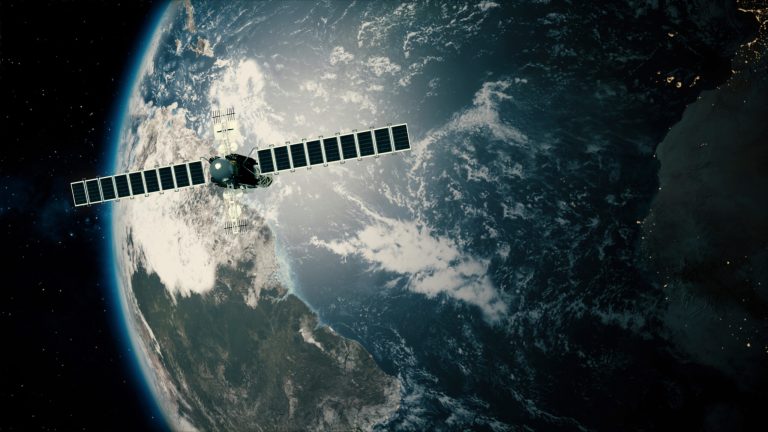The competition between Elon Musk and Mukesh Ambani intensifies as both billionaires set their sights on India’s emerging satellite broadband sector.
Following the Indian government’s announcement that satellite spectrum for broadband will be allocated administratively rather than through auction, the stakes have risen.
What is satellite broadband?
Satellite broadband provides internet access across vast areas, especially in remote regions where traditional options like DSL and cable are unavailable.
This technology can bridge the digital divide, ensuring connectivity for underserved populations.
Current projections estimate that India’s satellite internet subscribers will reach two million by 2025, according to credit rating agency ICRA.
The market is highly competitive, with Mukesh Ambani’s Reliance Jio leading the pack, bolstered by a partnership with Luxembourg-based SES Astra, a prominent satellite operator.
In contrast to Musk’s Starlink, which employs low-Earth orbit (LEO) satellites for faster service, SES utilizes medium-Earth orbit (MEO) satellites, providing a more cost-effective solution.
Starlink boasts over 6,400 satellites and four million subscribers across 100 countries but has faced regulatory challenges in launching services in India since 2021.
If successful, Musk’s entry could support Prime Minister Narendra Modi’s initiatives to attract foreign investment and enhance India’s pro-business image.
Satellite spectrum: India’s regulatory landscape
India’s telecom regulator has yet to announce pricing for satellite spectrum.
While administrative allocation aligns with international norms, Ambani’s Reliance argues that an auction is necessary to ensure fair competition, citing a lack of clear legal frameworks for satellite broadband services.
Reliance’s recent letters to regulators highlight the need for a “level playing field” between satellite and terrestrial services.
Musk responded to reports of Ambani lobbying against the administrative pricing model by suggesting that he would reach out to Ambani to discuss allowing Starlink to compete in India.
Analysts indicate that Ambani’s resistance could stem from a desire to maintain a competitive edge, potentially excluding Starlink from the market.
Telecom giants in India, including Ambani and Sunil Mittal of Bharti Airtel, control a significant share of the market and advocate for auctions to prevent competition from international players.
This defensive strategy aims to raise costs for newcomers and protect their dominance in the evolving landscape of internet access.
40% of India’s 1.4B people lack internet access
With nearly 40% of India’s 1.4 billion people lacking internet access, primarily in rural areas, the potential for satellite broadband is immense.
While India’s internet penetration still lags behind the global average, recent trends indicate progress in closing the gap.
Satellite broadband, if priced effectively, could facilitate connectivity and enhance the development of the Internet of Things (IoT).
Pricing will be critical, particularly in a country where mobile data is incredibly affordable at just 12 cents per gigabyte.
Analysts predict that a price war is likely, with Musk potentially leveraging his financial resources to offer competitive deals to gain market entry, the BBC reported.
However, Starlink’s higher operational costs—nearly ten times those of major Indian providers—may present challenges without government subsidies.
Additionally, some concerns from Indian operators may be overstated, as terrestrial networks are generally more cost-effective except in sparsely populated areas.
The battle for India’s satellite internet market is heating up, with Musk poised for a first-mover advantage.
As the competition unfolds, the implications for India’s connectivity landscape and the strategies employed by these billionaires will be closely monitored.
The post Elon Musk vs. Mukesh Ambani: Who will dominate India’s satellite internet market? appeared first on Invezz

